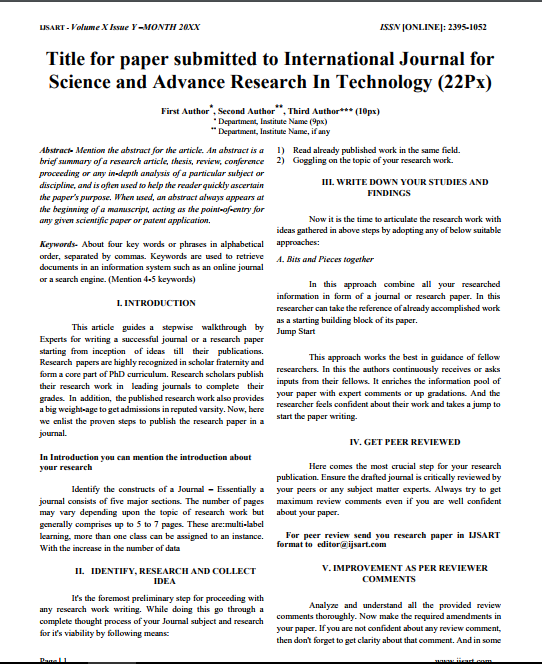Impact Factor
7.883
Call For Paper
Volume: 11 Issue 06 June 2025
LICENSE
Experimental Investigation On Performance And Emission Characteristics Of A Single Cylinder Di Diesel Engine Using A Dual Biodiesel And Diesel
-
Author(s):
Husainsab M. Halemasuti | Channappa H. BIradar
-
Keywords:
Diesel, Neem Oil, Castor Oil, Butanol, Dual Biodiesel, Performance, Emission
-
Abstract:
The Use Of Methyl Esters Of Vegetable Oil Is Known As Biodiesel. The Biodiesels Are Increasingly Popular Because Of Their Low Impact On Environment And Full Or Partial Substitute For Fossil Fuels. Biodiesel Also Has Been Receiving Increasing Attention Bec
Other Details
-
Paper id:
IJSARTV3I1017735
-
Published in:
Volume: 3 Issue: 10 October 2017
-
Publication Date:
2017-10-28
Download Article


